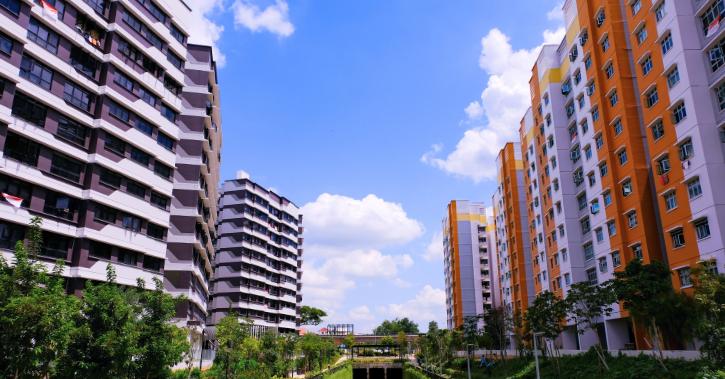
Property Dispute in Singapore: What to Do When a Co-Owner Refuses to Sell

Overview Of Property Co-Ownership in Singapore
Property co-owners are often spouses, family members (such as parent and child, or siblings), friends, and business partners.
Most residential properties are owned as joint tenants by spouses. This includes 85% to 90% of HDBs and 70% to 80% of private properties. The remaining properties are typically held as tenants-in-common, and sole ownership accounts for a small percentage.
Joint tenancy is the most common manner of holding, primarily because it offers the convenience of rights of survivorship and allows for shared financial responsibility.
In contrast, business partners co-owning commercial property typically prefer tenancy-in-common, allowing them to own the property in specific percentages based on their contributions or intended ownership.
Common Scenarios Where Disputes Arise Due to Refusal to Sell Property
- For HDB units, a common scenario occurs when one family member wishes to acquire their own HDB unit. Either an adult child who co-owns a HDB with their parents wishing to by their own HDB unit (either alone or with a spouse), or an adult sibling who co-owns a HDB with another adult sibling, wishing to buy their own HDB unit (either alone or with a spouse).
- For private property, dispute often arise when one co-owner no longer wants to continue with the burden of financing the property.
- For commercial properties, business co-owners or co-investors may wish to go their separate ways but cannot agree on how to deal with the property as they did not have a written agreement beforehand about how to part ways and sell the property. Such agreements could include provisions like a strike price to trigger a sale. However, in the absence of such an agreement, resolving these disputes is more complicated.
- For spouses going through a divorce, one spouse may wants to sell the HDB or private property to unlock funds and move on.
Type of Court Orders Can You Get To Force a Sale of Property
You can apply to Court for a court order to force the sale of a co-owned property. If you provide evidence of co-ownership and financial contributions, such as payments towards the property loan to prove to the court your share of ownership. The Court can order the sale of your property as well as determine how the net profits should be divided between the co-owners.
Factors That the Court Considers Before Ordering a Sale of Property
The Court takes several factors into account, when deciding whether to Order the sale of property, including :
-
- Type of co-ownership, for example whether the property is held as joint tenancy or tenants-in-common.
-
- The financial contributions of each co-owner towards the purchase price, housing loan, property taxes and also other expenses such as renovations.
-
- How income and rental derived from property was utilised.
-
- In the Family Justice Court, special rules apply under the Women’s Charter to decide the share that spouses should each have in a matrimonial home or property. The special factors include length of marriage, if there are children, the direct financial contributions and indirect non-financial contributions such as caregiving by each spouse to the family.
Link nội dung: https://stt.edu.vn/co-owner-a72935.html